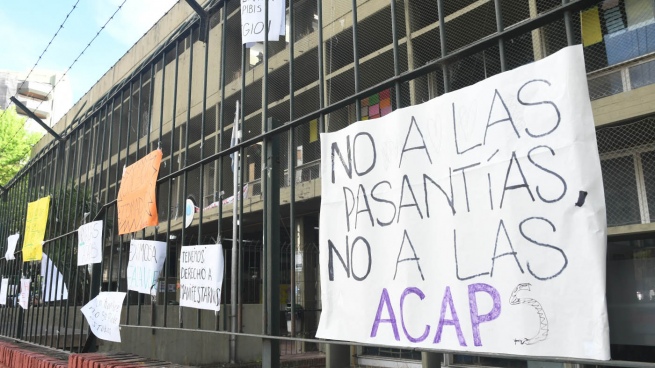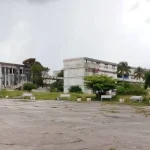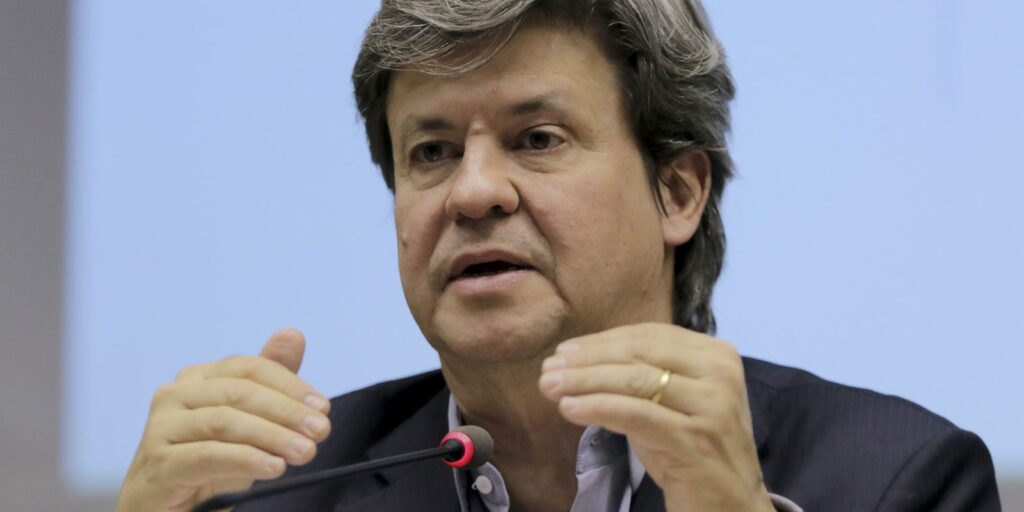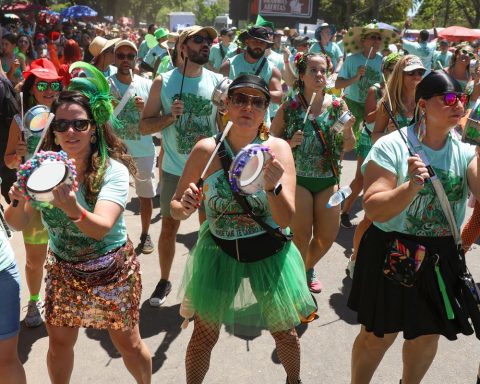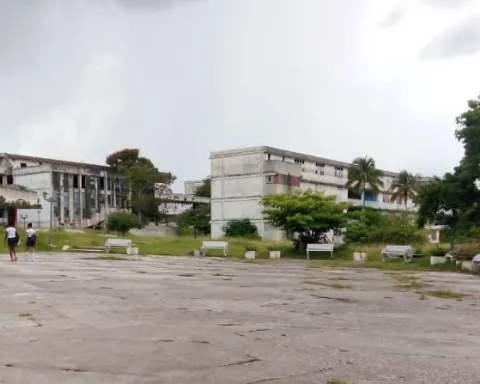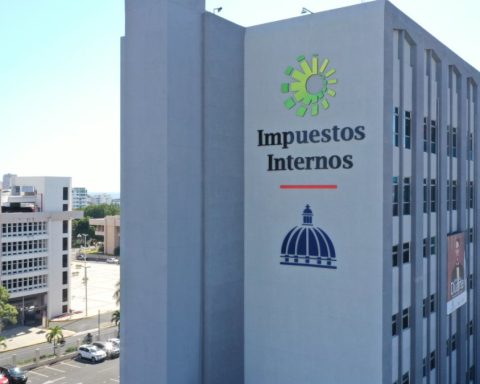• ACAPs are illegal
Contemplated in Law 3,541 of Education of the City, they indicate in its article 2 “Preprofessional Educational Practice is understood as the set of training activities developed in work environments, which are educational in nature, not mandatory.” Minister Soledad Acuña imposed them with resolution 3958/21 in violation of the aforementioned Law.
• Internships are not educational
The students attend, as indicated in the calls made by the companies at the request of the Ministry of Education, to carry out cleaning activities in hotels (Hotel Regente, Hotel Marriot, where they are asked, as stated in the attached document “armed of beds” or “cleaning windows and common spaces”), distribution of food (rappi) or assembly of food (Cacyr), among other tasks that are not related in any case to the specializations chosen by the students.

• The ACAP replace contact hours of Mathematics, History, Chemistry, which are not recovered
The ministry obliges students to complete 120 annual teaching hours –removed from Mathematics, History, Chemistry or Philosophy, depending on each case– in work practices. These hours are never recovered, to the detriment of school education.
• Students are not supervised by teaching staff
Under no circumstances are underage students accompanied to their ACAPs by education workers: they remain in the hands and under the orders of personnel managers from private companies with no experience in dealing with minors. In this context, girls are forced to wear shoes with heels, among other conditions. If they do not, they violate ACAP and consequently receive the corresponding school sanction for not meeting the curricular objectives.

• The ACAP are carried out far from the schools and without the authorization of the parents
Due to the fact that minors go alone to a work environment that is not contemplated for them, sometimes they must travel distances outside the usual route, in some cases several kilometers from their respective schools and homes. Being minors, parents should authorize them, but schools do not ask parents for this authorization. If a father or mother, in exercise of their parental authority, chose to deny the presence of their child in inconvenient settings, the student would receive the corresponding school sanction as if he/she were absent from class.
